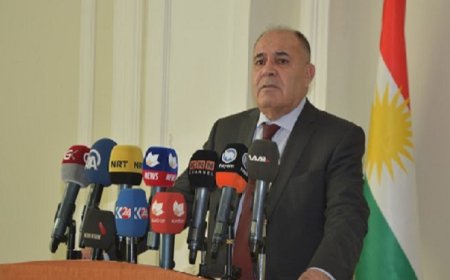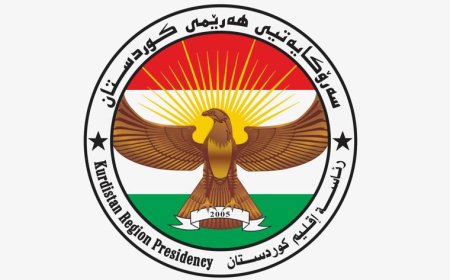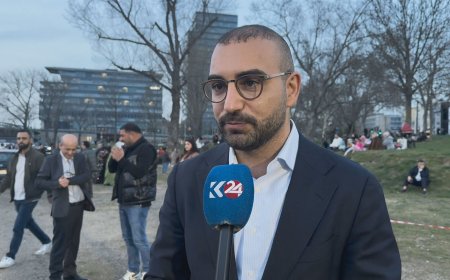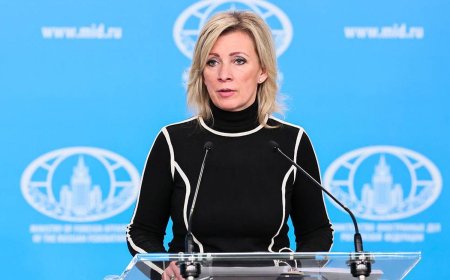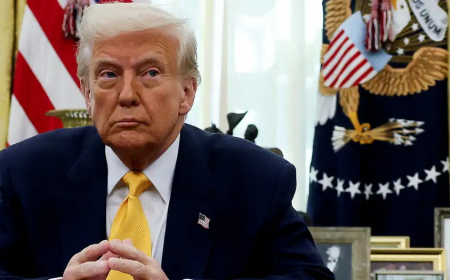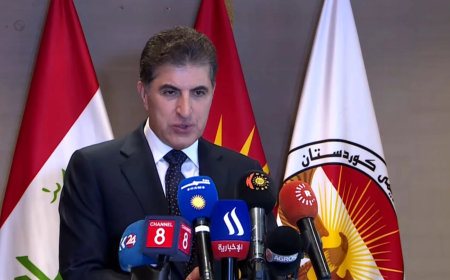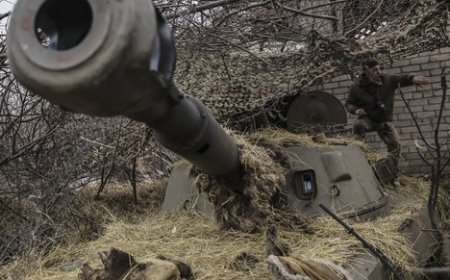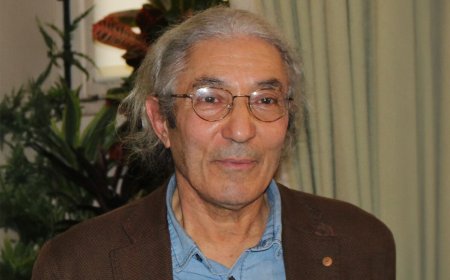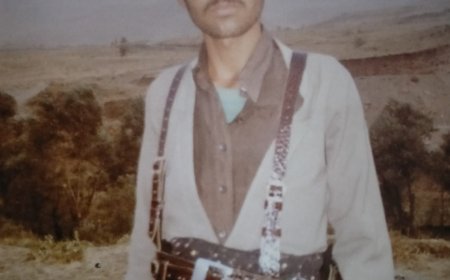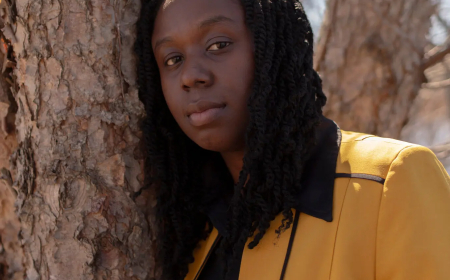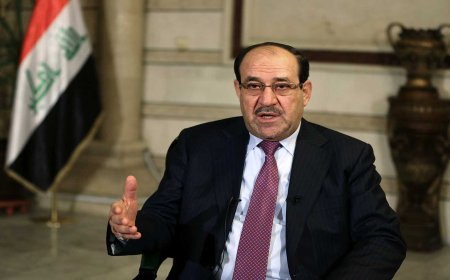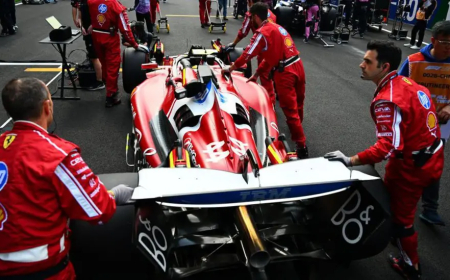Women in the Kurdistan Region: A Legacy of Leadership

Dunya Haideri
For centuries, in the Kurdistan Region women have been the silent architects of society—building homes, raising leaders, preserving culture, and standing shoulder to shoulder with men in times of war and peace. Their strength has never been in question, but for too long, their influence was confined to the background, their voices unheard in the spaces where decisions were made. Today, women in the Kurdistan Region are not just present; they are leading, shaping policies, running businesses, and defining the future of a society that is finally recognizing their full potential.
This is more than just an evolution in women’s participation—it is a transformation in the very fabric of Kurdish society. Figures like Lady Adela Khan, who ruled Halabja with wisdom and political acumen, and Khanzad, the 17th-century princess who governed Soran with strength and strategy, remind us that Kurdish women have long been leaders in their own right, even in times when their roles were not widely acknowledged. Their legacy continues to inspire the progress we see today.
A defining moment in this journey came when key amendments were made under the leadership of President Nechirvan Barzani during his tenure as Prime Minister. Reforms to the Personal Status Law strengthened women’s rights in marriage, divorce, and social inheritance, restricting forced marriages and providing greater legal protections against domestic violence. These amendments were not just about policy—they were about reshaping the reality for women in Kurdistan, ensuring that they had legal backing to claim their rights and their futures.
With these changes, women didn’t just enter new spaces—they redefined them. They took leadership positions, built businesses, and changed perceptions of what women could achieve. Today, women are driving economic growth, leading social change, and challenging outdated norms. Women’s movement in the regionhas not only demanded change—it has created it, proving that progress is unstoppable when opportunity meets determination.
Women’s representation in politics has undergone a dramatic transformation over the past three decades. In 1992, during thefirst parliamentary elections in the Kurdistan Region, only five out of 105 MPs were women, highlighting the challenges they faced in entering politics. By 2009, the introduction of the 30% gender quota significantly increased female participation, leading to 29 women securing seats in Parliament. This momentum continued, and by 2018, the number of female MPs rose to 35, with many winning seats independently, beyond the quota. In 2023, women continue to hold 34 seats, maintaining a strong presence in Parliament and ensuring their voices shape policymaking.
Women’s role in the economy has also expanded significantly. Before 2009, female-owned businesses were rare, making up less than 5% of registered enterprises. However, change was inevitable. By 2013, the number of registered female business owners more than doubled, reaching 1,200, showing the growing participation of women in economic activities. This number continued to rise, with 2,500 women-led enterprises recorded in 2018, as more women gained access to funding and business training. By 2023, over 4,000 women in Kurdistan owned and operated businesses, contributing to job creation, innovation, and economic growth. With better access to capital, mentorship, and supportive policies, Kurdish women are not just participating in the economy—they are driving it forward.
This progress is a testament to women’s increasing financial independence and leadership in the private sector. With better access to capital, mentorship, and supportive policies, Kurdish women are not just participating in the economy—they are driving it forward.
Now, an even bigger transformation is happening. The younger generation is growing up in a world where women’s leadership is not just an exception—it’s an expectation. More young women are entering politics, business, and technology, determined to take the next steps in this journey. They are not waiting for opportunities; they are creating their own. They see the progress made and know it is their responsibility to push it further, expand it, and make it irreversible.
Every woman who succeeds attracts more success. Every girl who is educated creates new possibilities. Women leaders make it easier for other to follow. This isn’t just about women’s empowerment; it is about the development of our society as a whole. A society that uplifts its women builds a stronger future for everyone. And that future is already being shaped—by the women of today and the unstoppable girls of tomorrow.
M.A. in Politics and International Relations
